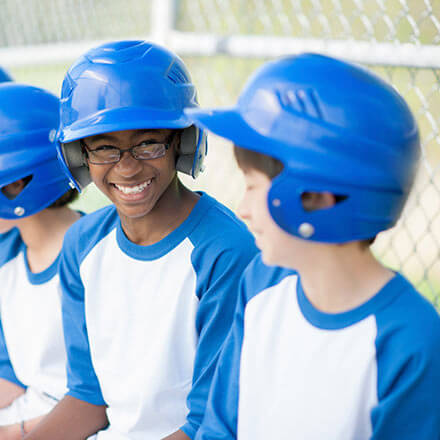- By Marketing
- In Mold Removal
Dehydration and Heat Stroke
The danger of dehydration and heat stroke
Dehydration and heat stroke are two very common heat-related diseases that can be life-threatening if left untreated.
What is dehydration?
Dehydration can be a serious heat-related disease, as well as being a dangerous side effect of diarrhea, vomiting, and fever. Children and persons over the age of 60 are particularly susceptible to dehydration.
What causes dehydration?
Under normal conditions, we all lose body water daily through sweat, tears, breathing, urine, and stool. In a healthy person, this water is replaced by drinking fluids and eating foods that contain water. When a person becomes so sick with fever, diarrhea, or vomiting, or if an individual is overexposed to the sun and not drinking enough water, dehydration occurs. This is caused when the body loses water content and essential body salts, such as sodium, potassium, calcium bicarbonate, and phosphate.
Occasionally, dehydration can be caused by drugs, such as diuretics, which deplete body fluids and electrolytes. Whatever the cause, dehydration should be treated as soon as possible.
More Information About Heat Exhaustion from Johns Hopkins Medicine
Heat-Related Illness and Young Athletes: 3 Important Things Parents and Coaches Need to Know
Heat-related illness is a serious concern for everyone who is exercising during extreme summer heat. Most at risk: young athletes who may not know when to take a break and cool down. Johns Hopkins primary care and sports medicine expert Dr. Raj Deu explains what parents can do to help prevent their children from experiencing heat-related illness.
What are the symptoms of dehydration?
The following are the most common symptoms of dehydration. However, each individual may experience symptoms differently. Symptoms may include:
- Thirst
- Less-frequent urination
- Dry skin
- Fatigue
- Light-headedness
- Dizziness
- Confusion
- Dry mouth and mucous membranes
- Increased heart rate and breathing
In children, additional symptoms may include:
- Dry mouth and tongue
- No tears when crying
- No wet diapers for more than three hours
- Sunken abdomen, eyes, or cheeks
- High fever
- Listlessness
- Irritability
- Skin that does not flatten when pinched and released
The symptoms of dehydration may resemble other medical conditions or problems. Always consult your doctor for a diagnosis.
Treatment for dehydration
If caught early, dehydration can often be treated at home under a physician’s guidance. In children, directions for giving food and fluids will differ according to the cause of the dehydration, so it is important to consult your child’s doctor.
In cases of mild dehydration, simple rehydration is recommended by drinking fluids. Many sports drinks on the market effectively restore body fluids, electrolytes, and salt balance.
For moderate dehydration, intravenous (IV) fluids may be required, although, if caught early enough, simple rehydration may be effective. Cases of serious dehydration should be treated as a medical emergency, and hospitalization, along with intravenous fluids, is necessary. Immediate action should be taken.
How can dehydration be prevented?
Take precautionary measures to avoid the harmful effects of dehydration, including the following:
- Drink plenty of fluids, especially when working or playing in the sun.
- Make sure you are taking in more fluid than you are losing.
- Try to schedule physical outdoor activities for the cooler parts of the day.
- Drink appropriate sports drinks to help maintain electrolyte balance.
- For infants and young children, solutions such as Pedialyte will help maintain electrolyte balance during illness or heat exposure. Do not try to make fluid and salt solutions at home for children.
http://www.hopkinsmedicine.org/healthlibrary/conditions/non-traumatic_emergencies/dehydration_and_heat_stroke_85,P00828/

